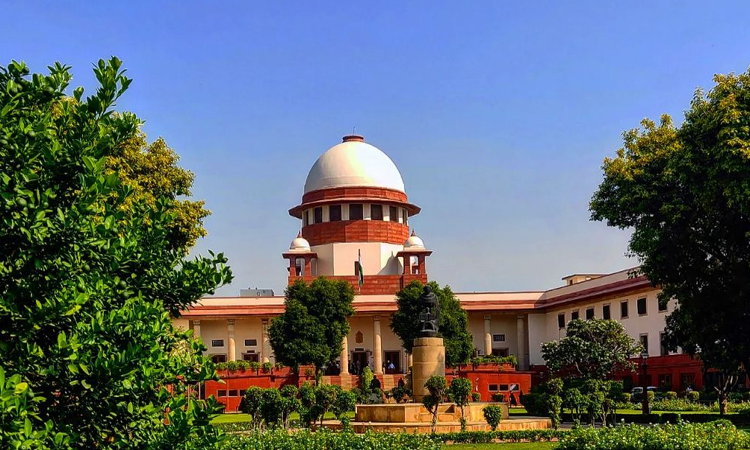In an important development, a Constitution Bench of the Supreme Court on Tuesday said that the fundamental rights enshrined in Articles 19 and 21 are enforceable even against persons other than the state or its instrumentalities.“A fundamental right under Article 19/21 can be enforced even against persons other than the State or its instrumentalities”, the majority judgment...

